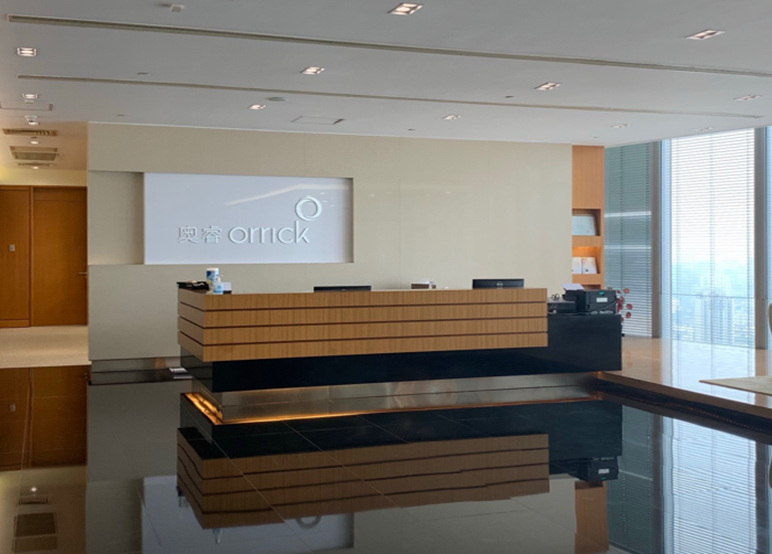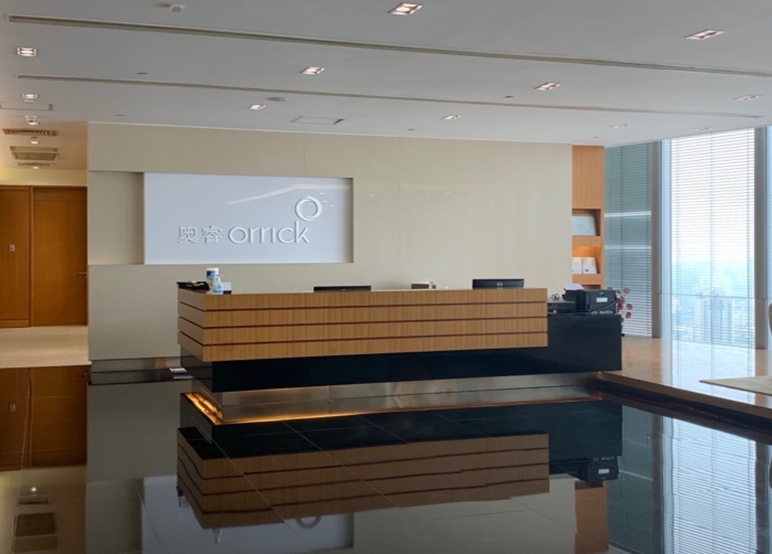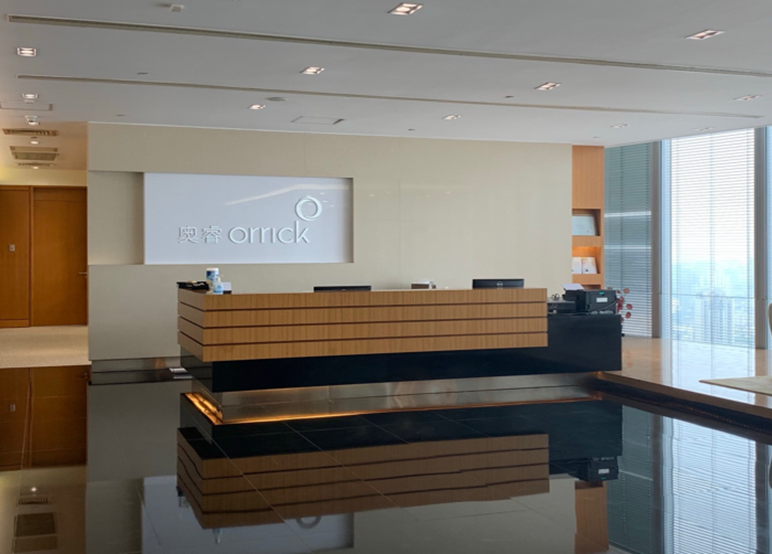7 month 28 day, The Internet Archive is responding to a copyright infringement case brought by four major publishers. The Internet Archive says, Its long-running book scanning and lending scheme aims to make traditional libraries relevant in the digital age, The program is protected by the fair use principle.
The Internet Archive said in a preliminary statement: "The archive does what libraries have always done——purchase, collect, Preserve and share common cultural products. " The archives notes, It collects about 130 Ten thousand books 20 Scanned copy of the book of the Century, Most of them are out of print, The museum was adopted in good faith and in a lawful manner "Controlled digital lending program" (CDL) Mimic traditional library borrowing online. "
Contrary to the publisher's allegations, The Internet Archive and the hundreds of libraries and archives that support it are not pirates or thieves. They are librarians, They strive to serve their customers online, Just like they've been doing in physical libraries for hundreds of years. Copyright law should not impede the lending rights of libraries and the borrowing rights of readers. "
6 month 1 day, In coordination with the Association of American Publishers, Hachette Publishing Co, Harpercollins Publishing Group, John Wiley and Penguin Random House filed a copyright infringement lawsuit against the Internet Archive in the Southern District of New York. In announcing the lawsuit, Executives at the Association of American Publishers described the Internet Archive's practice of scanning and borrowing library books as "Undermining the legal framework that governs copyright investment and trading in the modern world" act, And I'll call it "The world's largest known book piracy site. "
The chairman of the Authors Guild, Douglas.Preston (Douglas Preston) Said in a supporting statement, The Internet Archive's project vs "Smashing open grocery store Windows, Distribute the food to everyone, Finally, congratulate yourself on public service" No different. CDL The practice has plagued authors' and publishers' organizations for years. But in 3 When the Internet Archive unilaterally announced plans to close the National Emergency Library in late February, Tensions between the two sides have flared up. In COVID-19 (Covid-19) During the outbreak, The National Emergency Library plans to temporarily lift access restrictions on scanned copies of its books, Thus making books available to multiple users.
In litigation, The publisher explicitly stated, They're not suing "The Internet Archive occasionally transmits works in appropriately limited circumstances, Or disseminate any licensed content or material in the public domain" act, But to target it "Collect copyright books purposefully for online scanning, The act of copying and distributing digitally pirated versions" .
In the long run 28 Page of the reply document, Lawyers for the Internet Archive rejected the claims made in the publishers' lawsuit. Lawyers for the Internet Archive said: "The Internet Archive has done its best to ensure its use is legal. " The lawyer pointed out, CDL Item receiving "Fair use protection" , And by the traditional library practice and protection "support" . "especially, Preservation of the item, Access and research are in the public interest, All this is for fair use purposes. As for the impact of the works on the market, The books have been purchased and paid for by the libraries that own them.
The public has benefited greatly from the emergency library program. If you deprive the public of these resources, Copyright holders will get nothing. " in CDL Under the project, The Internet Archive and other libraries digitally scan and lend out physical books in their collections. For non-public domain books, The website functions like a traditional library: Only one person at a time may borrow scanned copies; Scanned copy receiving DRM protection; When the scanned copy is in the loan state, Corresponding printed books were removed from circulation, To keep it one on one "Owning and reborrowing" Pattern of.
In addition, The Internet Archive notes that, It removed the scans from its collection at the request of copyright holders, And that the publisher's addendum to the suit lists infringement 127 The book has been completely deleted. A few days before the release of the response document, Brewster, founder of the Internet Archive.Kahler (Brewster Kahle) 7 month 22 Daily passage Zoom Hold a press conference, He urged the publisher to drop the case, It is suggested that disputes be settled through negotiation rather than in court.
Kaler theory: "The fact that the publisher filed a lawsuit certainly shows that, Libraries cannot buy books in the digital world, It can only be licensed under its terms. We can only store books in ways they explicitly permit, And only for as long as they agree. and, We can't lend out what we pay for, Because we don't own it. That's not a rule of law, They're licensing rules. This makes no sense. " "Even in the digital world, Libraries also have the right to purchase books, Save and lend. "
(Compiled from www. publishersweekly. com)
Reprinted from China Intellectual Property Network translation: Rason group proofread: Wang Dan
disclaimer: This website reprint articles are from the Internet, Does not represent the views of this website or confirm the authenticity of its content. If the source is mislabeled or the copyright of the article is involved, Please contact this website, This website will be corrected in due course, delete, thank you.

Safeguard the rights of economic and trade hotspots












